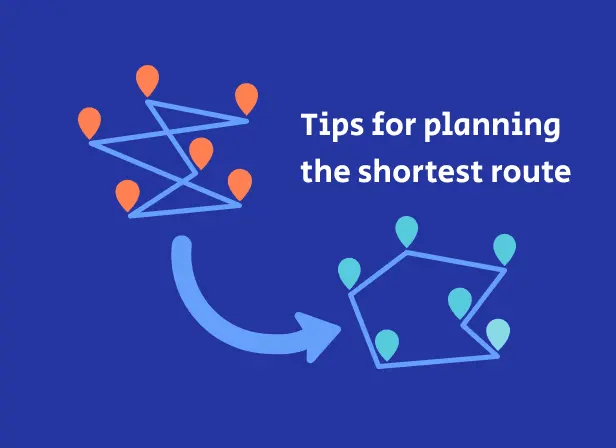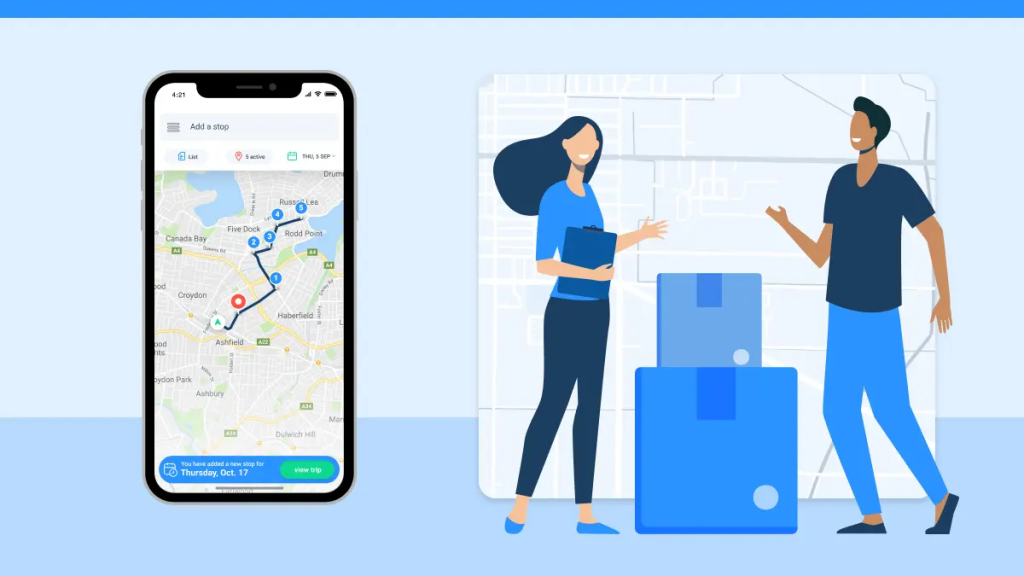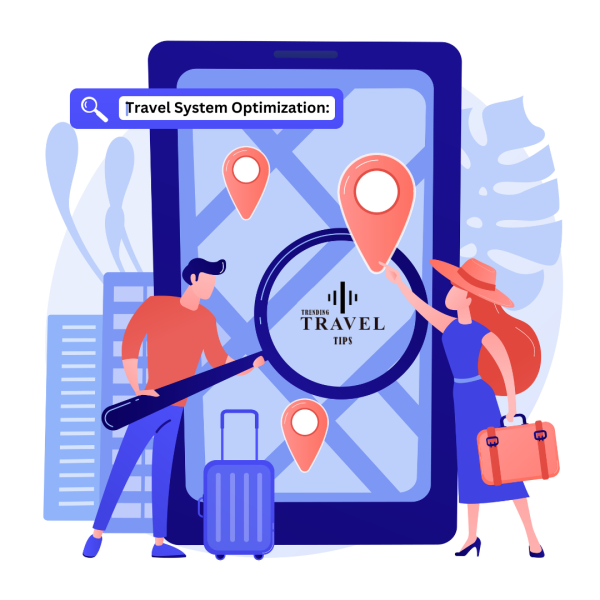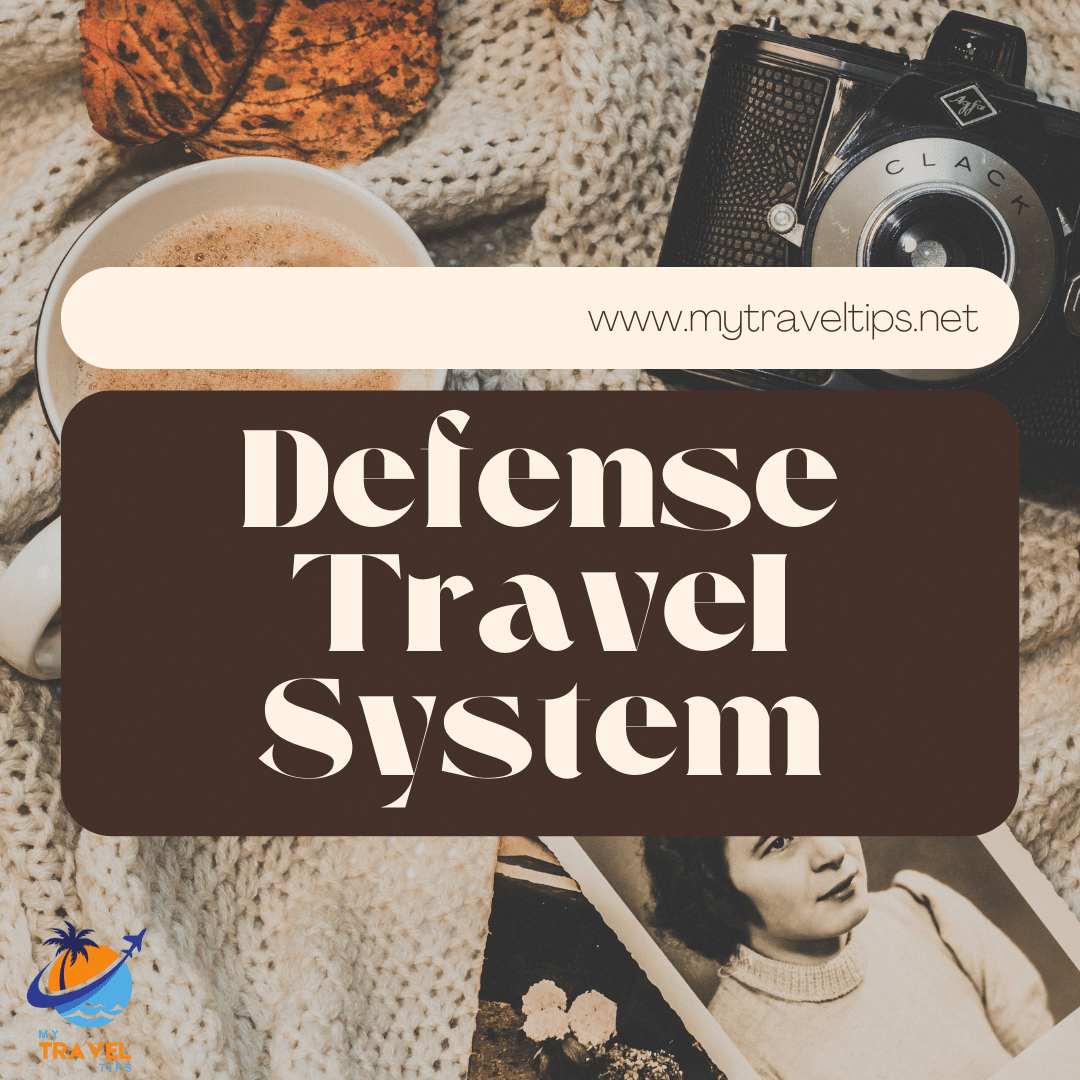In the ever-evolving travel industry, optimizing the travel system is essential for enhancing the overall experience. Several new ideas have emerged to achieve this optimization.
Mode Shift Incentives
One innovative approach is to incentivize mode shift options through various means, such as smartphone applications, point-based rewards, daily parking, and free transit.
These incentives can encourage to consider alternative modes of transportation, ultimately contributing to a more efficient and sustainable system.
Accessibility for All
Another crucial idea is to make public transportation more accessible to individuals with limited mobility.
By addressing the intrinsic needs of less mobile people, the system can become more inclusive and accommodating.
Revenue Management Software
Hotels can also contribute to travel system optimization by utilizing advanced revenue management software.
For instance, IDeaS’ software employs self-learning algorithms to enhance pricing decisions, forecast accuracy, and overall revenue, thereby optimizing occupancy and financial performance

Efficient Route Planning
Efficient route planning, supported by GPS, mapping tools, and route optimization software, is fundamental for minimizing travel costs and enhancing productivity.
By considering variables such as road conditions, traffic, and time limitations, businesses and individuals can significantly improve their travel efficiency.
These new ideas demonstrate the diverse approaches to system optimization, encompassing incentives, accessibility, and technological solutions.
By embracing these innovations, the travel industry can work towards creating a more seamless, sustainable, and inclusive travel experience for all.
By integrating these new ideas, the industry can take significant strides towards a more seamless, sustainable, and inclusive travel experience for all.

Benefits of optimizing travel systems
Optimizing systems offers a multitude of benefits, including reduced time, lower fuel consumption, and enhanced operational efficiency.
By implementing route optimization, businesses can minimize time between jobs, leading to improved field service for customers and increased employee productivity.
Additionally, route optimization results in reduced fuel consumption, lower operational costs, and enhanced customer satisfaction due to accurate and timely deliveries.
For last-mile delivery, route optimization leads to reduced costs, increased efficiency, improved customer service, and better flexibility and control.
Furthermore, efficient route planning contributes to faster order fulfillment, higher customer satisfaction, and increased productivity for individuals and businesses alike.
Overall, the benefits of optimizing systems are far-reaching, encompassing cost savings, improved efficiency, and enhanced customer service.
REFER WEBSITE:
5 Industry Conversion Optimization Case Studies
5 Essential Tips for Efficient Route Planning
OUR BLOG TO READ
Optimizing Official : A Comprehensive Guide to the Defense System
15-Essential Tips for First-Time Travelers
5 Essential Tips for Efficient Route Planning
Make Use of GPS and Mapping Software
Think about traffic patterns and peak hours
Adjust for Distance and Time
Make Provisions for Multiple Stops and Sequential Ordering
Update and adapt routes regularly












3 Comments
[…] Travel System Optimization: Introducing New Ideas […]
[…] Travelers ensure they are supporting sustainable tourism: […]
[…] to consider, it’s easy to overlook important information that can make or break your travel experience. That’s why we’ve gathered the top 10 insider tips to help you unlock […]